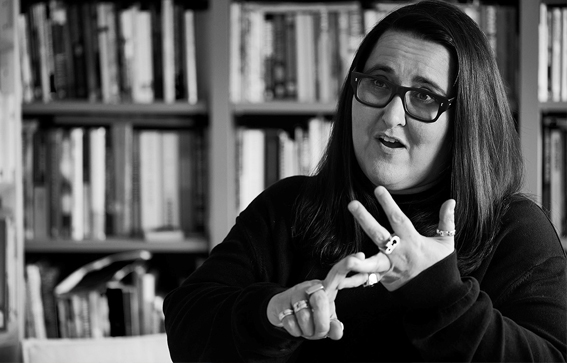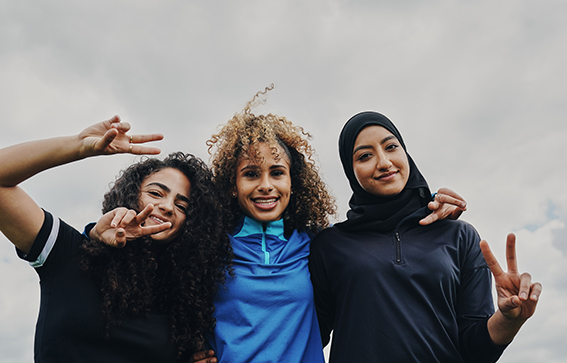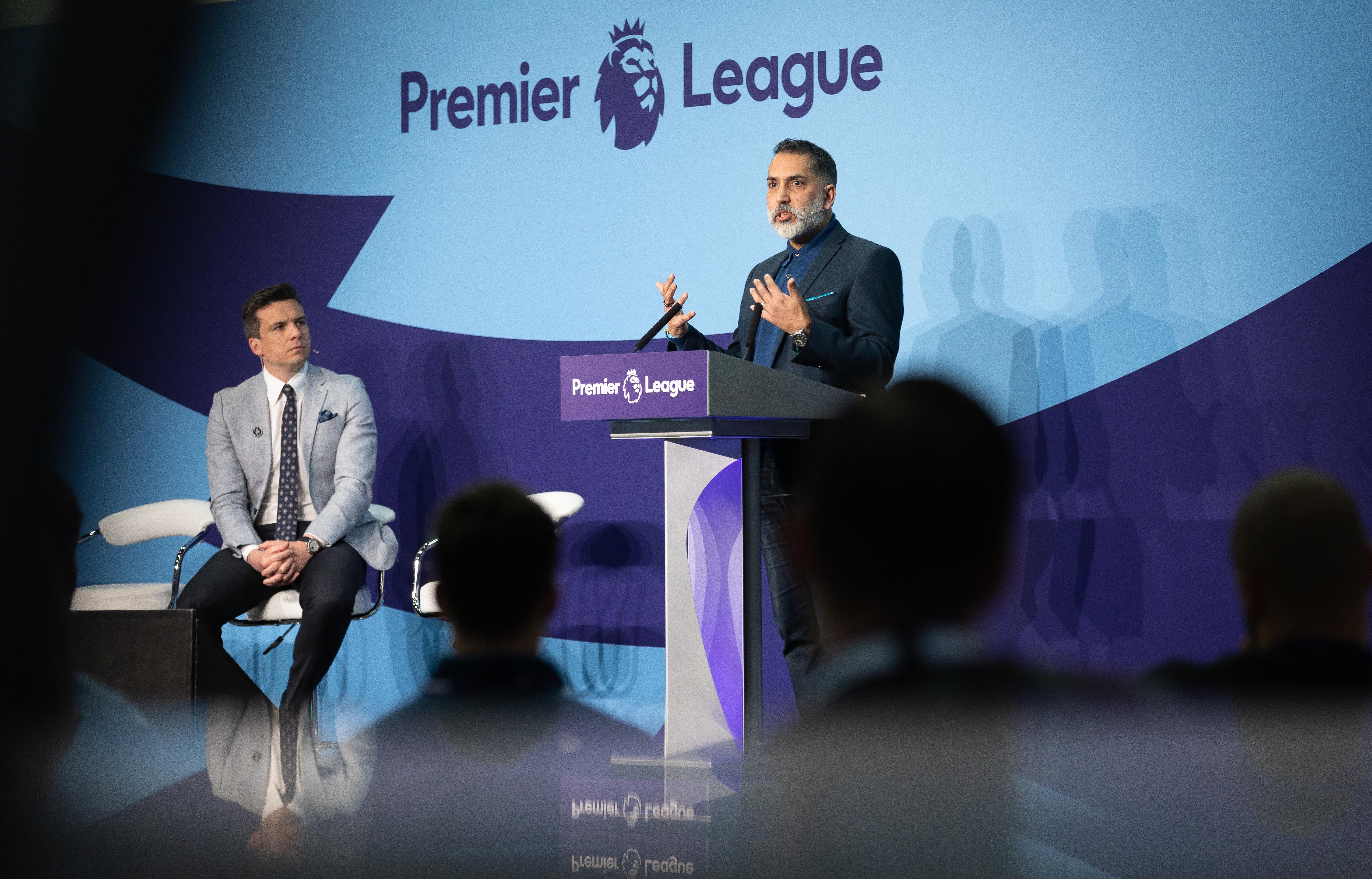The summer of 1978 was a big one for me as I eagerly awaited the transition from primary to senior school in my hometown of Bolton. One morning on a warm summer’s day my four friends and I decided to go down to our local school field for a game of cricket. As we boisterously made our way to the field a woman opened her apartment window and told us to keep the noise down using a series of expletives and threats in response to which we pleaded our innocence and carried on making our way to the field.
As we set up our cricket stumps my friends noticed a tall man running towards the field gesticulating and shouting in a very irrational manner. My friends quickly realised this man posed a threat and they turned to run. I did not as we hadn’t done anything wrong, and I incorrectly assessed his intent as something less sinister. As he approached, I remember asking him what was wrong, at which point he grabbed me by the shirt and started to fling me around like a rag doll. All I remember from that moment is being punched, hit with a cricket stump and called a little black bastard amongst a stream of other racial slurs.
I remember my body going into adrenalin override as I lost control and wet myself with fear. After a few seconds that felt like hours, and more threats, the beating stopped. The man left me on the field with a huge lump on my head and a bloody face. Moments later when they realised the danger had subsided my friends returned and helped me return home. In the moments following the attack, I was in shock but in the days afterwards, as the reality of what had happened started to sink in, I was left wondering why my friends had not intervened to help me.
He was a big man but surely they could and should have done something. The clearest memory I have from the attack is the shame of wetting myself and I often reflect upon the additional satisfaction that may have given my attacker.
Fast forward three years to 1981 and the roles were reversed. I am walking home from school with my sister in the same area near my home as we approach a young woman pushing a pram. As she gets closer the woman shouts ‘get out of my way blackie’ to my 14-year-old sister, who replies ‘no I won’t’. At that point the woman put the brake on her pram and proceeded to assault my sister, repeatedly slapping her head, and pulling her hair. My sister fought back bravely, and the woman left with a stream of racist expletives in her wake.
Throughout the relatively brief attack I did nothing but watch and to this day I have no idea why I froze in the way I did. It may have been fear, it may have been the fact that my parents had brought me up to never hit a woman, it may also have been shock. As my sister and I got home and explained what happened to my father I felt a huge sense of shame rising within me for not helping my sister. A sense of shame my father confirmed with a berating that left me feeling like a coward.
Fast forward to the 22nd April 1993, and a young black man called Stephen Lawrence was murdered by a group of cowards in an unprovoked racist attack. Anyone who has experienced a racist physical attack will have felt a horrible sense of trauma when news of Stephen’s killing emerged.
The sense of fear and helplessness he must have been feeling during the attack is horrific to consider. On the night Stephen was killed he was accompanied by his best friend Duwayne Brooks, who over the years has faced many questions, not least from police officers, about the fact that he ran from the initial threat of attack. It’s so very easy for people to make glib comments about what they would do in such situations, but I and Duwayne both know that until you are in that situation you have no idea how you will respond. You have a split second to decide as your fight-or-flight mechanism kicks in and certainly no time to consider options or risk assess the situation.
What I also know is that hate crime often has many victims. My 11-year-old friends have probably spent a lifetime wondering if they could have done anything to help me. I have spent many years reflecting on what I could or should have done differently to help my sister. But the simple fact remains that none of us would have been in that situation if fellow human beings had not chosen to hate based on a difference in our melanin. The bystanders are also victims of the hate. When I was attacked, I made the wrong decision, I should clearly have run away. When my sister was attacked, I probably made the wrong decision once again, I should have helped fight off her attacker.
If those situations occurred again tomorrow, I have no idea whether I would act any differently. Interestingly, in both attacks we never even considered reporting it to the police given their attitude towards the black community of Bolton. It would have been pointless. The horrific treatment suffered by the Lawrence family at the hands of the police is well documented and as recent revelations have clearly highlighted, very little has changed over the last thirty years to give black people more confidence in policing.
Stephen died on that horrible night in 1993 and his death is etched into the souls of many people who have experienced a hate attack but remain alive to tell the tale. Duwayne Brooks is etched into the souls of many people who have witnessed the most unimaginable evil and become victims as a result. Every week across football, the game we love and Stephen loved, people are making the decision to hate on the basis of a person’s skin colour, religion, sexual orientation or gender.
I, more than most people, understand the range of challenges involved in acting, especially where a sense of physical threat is present. Thankfully nowadays, technology has developed to the point where we can often hold perpetrators to account without necessarily facing a personal threat.
You may think it’s a small thing to report hateful and abusive behaviour in or around football, but we know that people who perpetrate these behaviours are also more likely to be perpetrating similar behaviours in general life. The people who murdered Stephen could and should have been stopped by friends, relatives, or other responsible members of their community way before their hate evolved to murder.
Every person that we stop in football could make our streets a little safer. It could even prevent another tragedy, and the pain that never goes away for all victims.
That is why 30 years after Stephen’s death, we should always remember him, and never stop trying to kick discrimination out of football and society.


